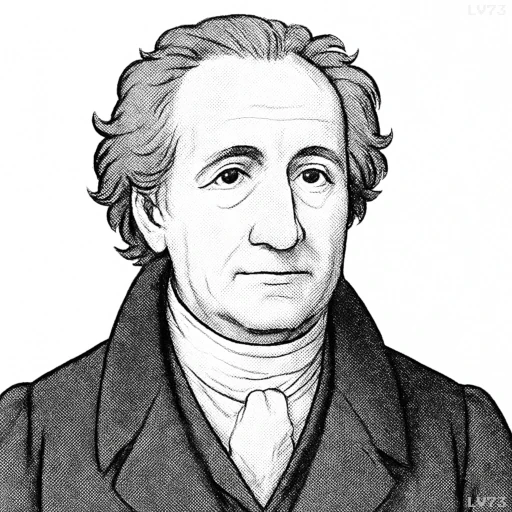“What is important in life is life, and not the result of life.”

- August 28, 1749 – March 22, 1832
- German
- Poet, playwright, novelist, philosopher, politician
table of contents
Quote
“What is important in life is life, and not the result of life.”
Explanation
Goethe emphasizes the value of the journey over the destination, suggesting that the essence of life lies in the experience itself, rather than focusing solely on outcomes or achievements. True fulfillment comes from engaging with life in the present moment, enjoying the process of living, and appreciating the experiences, rather than obsessing over the end result or future goals.
Historically, this aligns with philosophical ideas that prioritize living fully in the moment. Many thinkers, including those from the existential and Romantic traditions, have explored the concept that meaning and value come not from future rewards, but from how we experience and engage with the present. Goethe, as a Romantic writer, believed that life’s richness is found in its lived experiences, whether they are filled with joy or sorrow.
In modern times, this quote resonates with the growing movement toward mindfulness and well-being, which encourages people to focus on the process of living, rather than constantly chasing future success. For instance, an artist who immerses themselves in the creative process, rather than focusing solely on the completion of their work, often finds deeper satisfaction in the act of creation itself. Similarly, individuals who focus on the journey of personal growth—learning and evolving each day—often find more joy in the experience than in the end goal.
Goethe’s words encourage us to embrace life for its own sake, to appreciate each moment, and to understand that the true value of our existence lies in how we live it, rather than in what we hope to achieve or become.
Would you like to share your impressions or related stories about this quote in the comments section?

